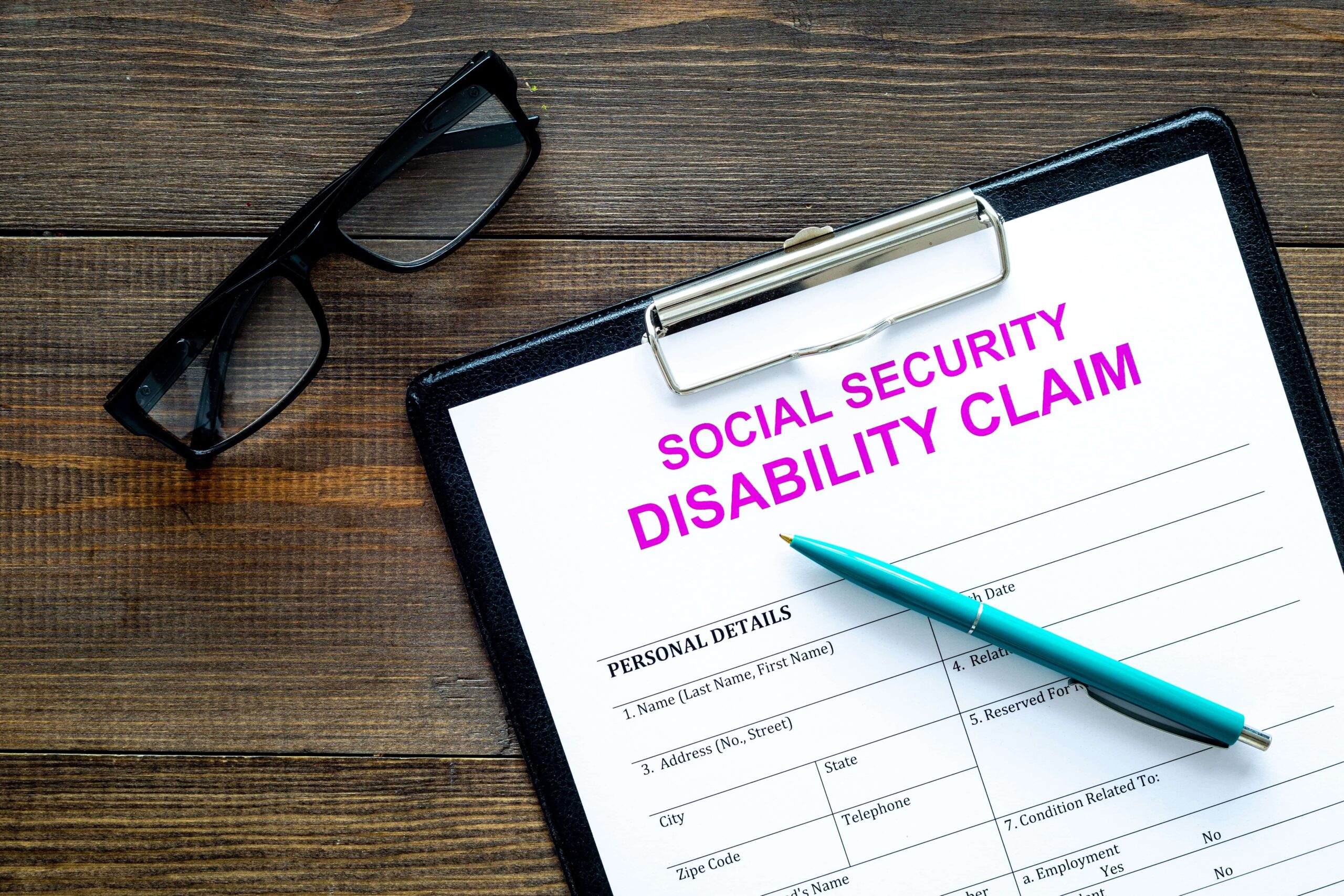Mental health issues can affect every aspect of your life. Finding an effective way to treat these issues can be extremely challenging, especially for individuals living below 200% of the Federal Poverty Level (FPL) in southwest San Bernardino County and Palm Desert, California. The good news is that at the Health Service Alliance (HSA), we provide this population with comprehensive and integrated primary medical, dental, mental health, and substance abuse treatment services.
What Disability Benefits Are Available?
The Social Security Administration (SSA) in the United States offers two main disability benefit programs for individuals with mental health conditions: Social Security Disability Insurance (SSDI) and Supplemental Security Income (SSI). These programs provide financial support to eligible individuals who cannot work because of severe mental health impairments. Here’s what you need to know about each program.
Social Security Disability Insurance (SSDI)
- Eligibility. To qualify for SSDI benefits based on a mental health condition, you must have a work history and have paid Social Security taxes through your employment. Generally, you must have earned a certain number of work credits based on your work history and age.
- Medical Eligibility. You must have a severe mental health impairment that is expected to last for at least 12 continuous months or result in death. The SSA evaluates the severity of your condition by considering medical evidence from healthcare providers, including psychiatric evaluations, therapy records, and medication history.
- Monthly Benefits. If approved, you will receive monthly disability benefits based on your work history and earnings. The amount varies from person to person but is generally calculated as a percentage of your average lifetime earnings.
- Waiting Period. There is a five-month waiting period from the onset of your disability before you can start receiving SSDI benefits.
- Medicare. SSDI recipients are eligible for Medicare after a waiting period of 24 months from the date of entitlement to SSDI benefits.
Supplemental Security Income (SSI)
- Eligibility. SSI is a needs-based program, and eligibility is not dependent on your work history or Social Security taxes. To qualify, you must have limited income and resources and be disabled, aged 65 or older, or blind.
- Medical Eligibility. Like SSDI, you must have a severe mental health impairment that prevents you from engaging in substantial gainful activity and is expected to last for at least 12 months or result in death.
- Monthly Benefits. SSI provides a set monthly benefit amount, which is adjusted annually by the SSA. The exact amount can vary by state due to state supplementation.
- Medicaid. SSI recipients typically qualify for Medicaid, which provides healthcare coverage and assistance with medical expenses.
What Is The Application Process Like?
To apply for disability benefits for mental health through the Social Security Administration, you’ll need to:
- File a Claim. To apply for SSDI or SSI benefits, you can complete the application online, over the phone, or in person at your local SSA office.
- Under a Medical Evaluation. After submitting your application, the SSA will review your medical records and gather additional medical evidence, including evaluations from healthcare providers.
- See If You’re Eligible. The SSA uses a five-step evaluation process to determine your eligibility, as outlined in the previous response. If your initial claim is denied, you can appeal the decision. This process may involve multiple levels of appeals, including reconsideration, administrative law judge hearings, and federal court reviews.
It’s important to note that the application and approval process for disability benefits can be complex and lengthy. Many initial claims are denied, but with proper medical documentation and, in some cases, legal representation, you can often secure the benefits you need to support yourself and your family while dealing with mental health conditions. Consulting with experts who specialize in disability claims can be particularly helpful in navigating this process successfully.
Let Us Help You Navigate the Application Process
HSA is here to help. Our team of dedicated professionals can provide medical and mental health evaluations to support your disability claim. We understand our community members’ specific challenges and can help you gather the necessary medical documentation.
To help us help you navigate the application process, be sure to:
- Gather Documentation. Collect all medical records, treatment history, and relevant documentation from HSA and other healthcare providers. This includes therapy records, psychiatric evaluations, medication history, and any hospitalizations related to your mental health condition.
- Complete the Application. Apply for disability benefits through the SSA’s online portal, phone, or in person at your local SSA office. Ensure you provide accurate and complete information about your condition and work history.
- Consult Legal Aid. Consider seeking legal assistance from organizations that specialize in disability claims. Legal aid can be especially helpful if your initial claim is denied, as they can guide you through the appeals process.
- Cooperate with SSA. Be prepared for a review process that may include interviews and medical examinations. It’s crucial to cooperate fully with SSA officials and provide any requested information promptly.
A Trustworthy Resource
Obtaining disability benefits for mental health conditions can be challenging, but the Health Service Alliance is committed to supporting our community members through this process. In addition to having a presence in southwest San Bernardino County and Palm Desert, our professionals can significantly improve your chances of securing the benefits you deserve. Your mental health matters and HSA is here to help you every step of the way.

